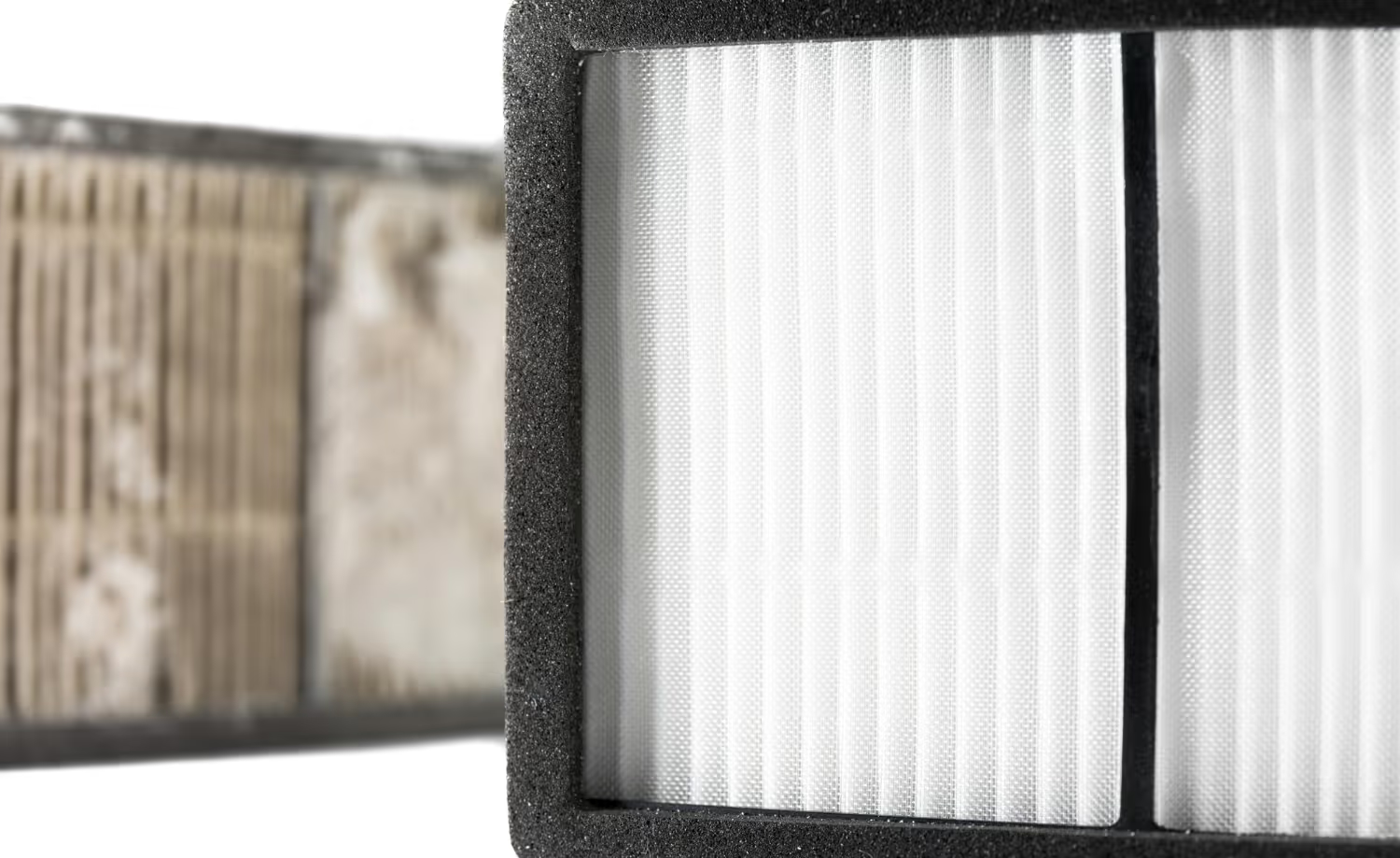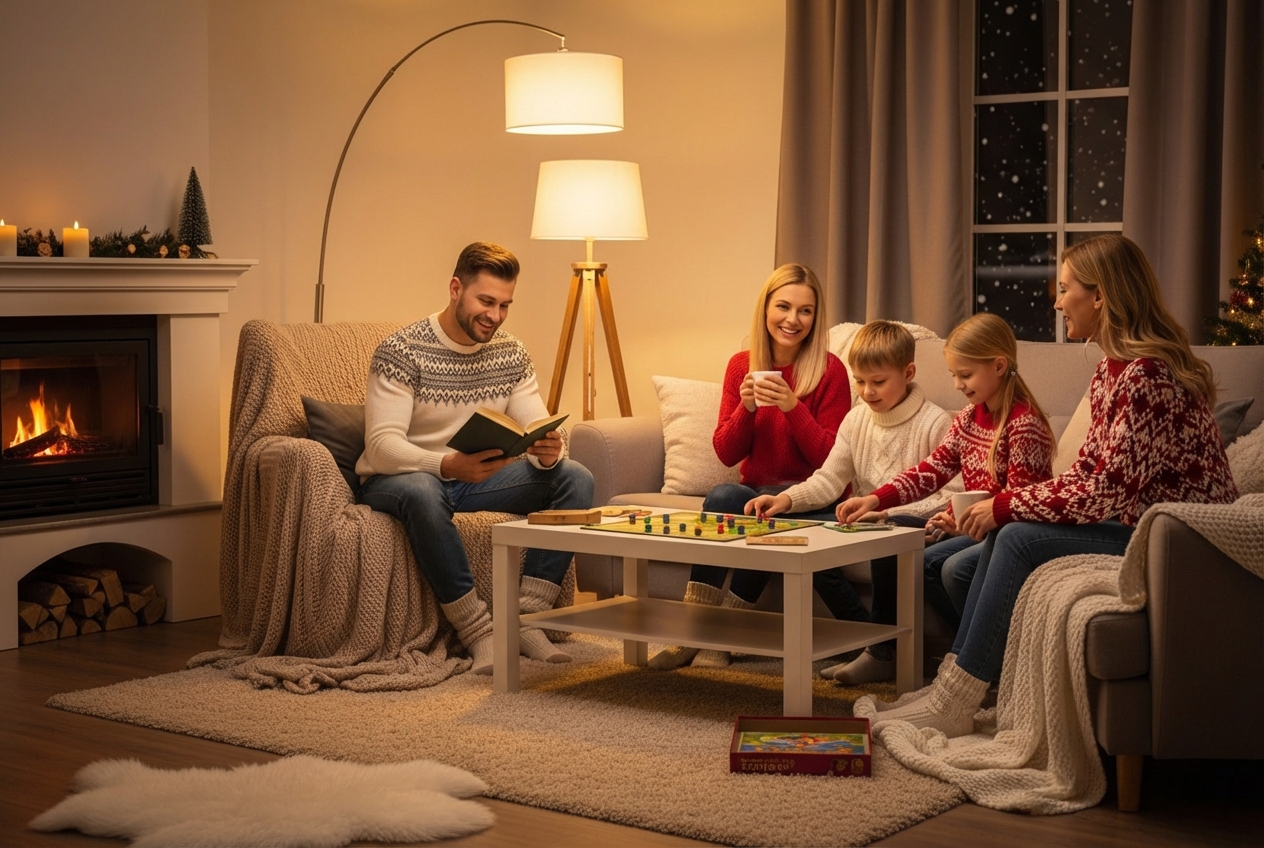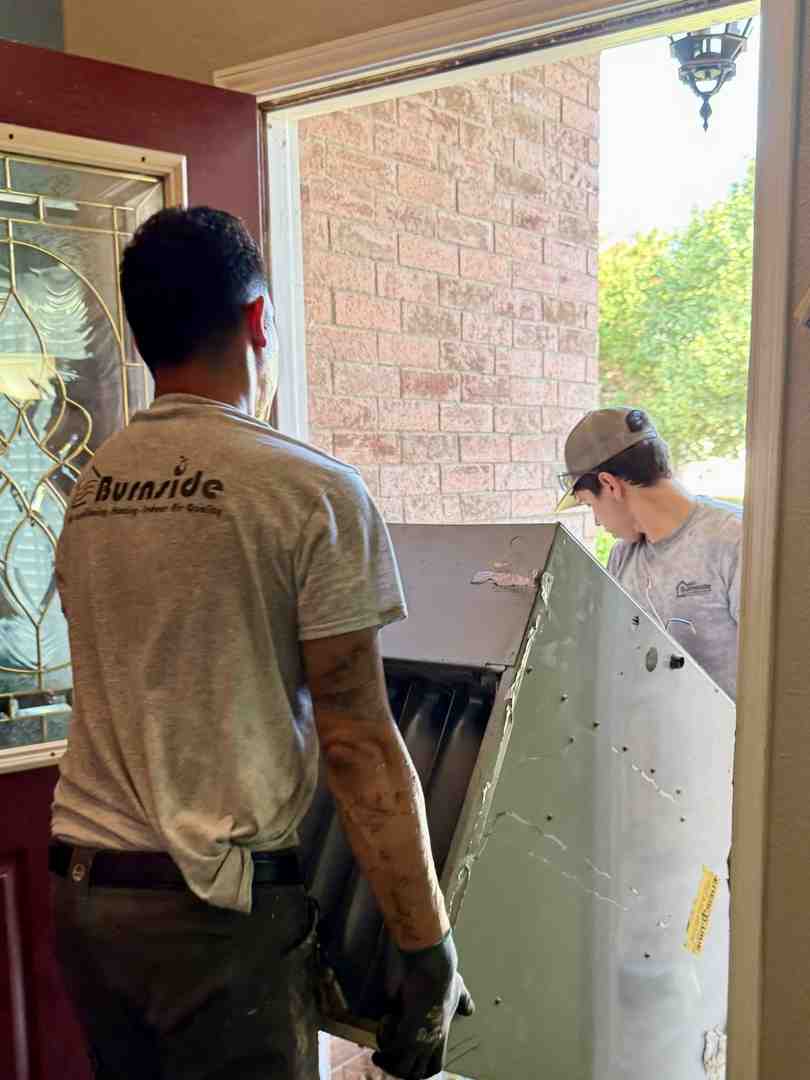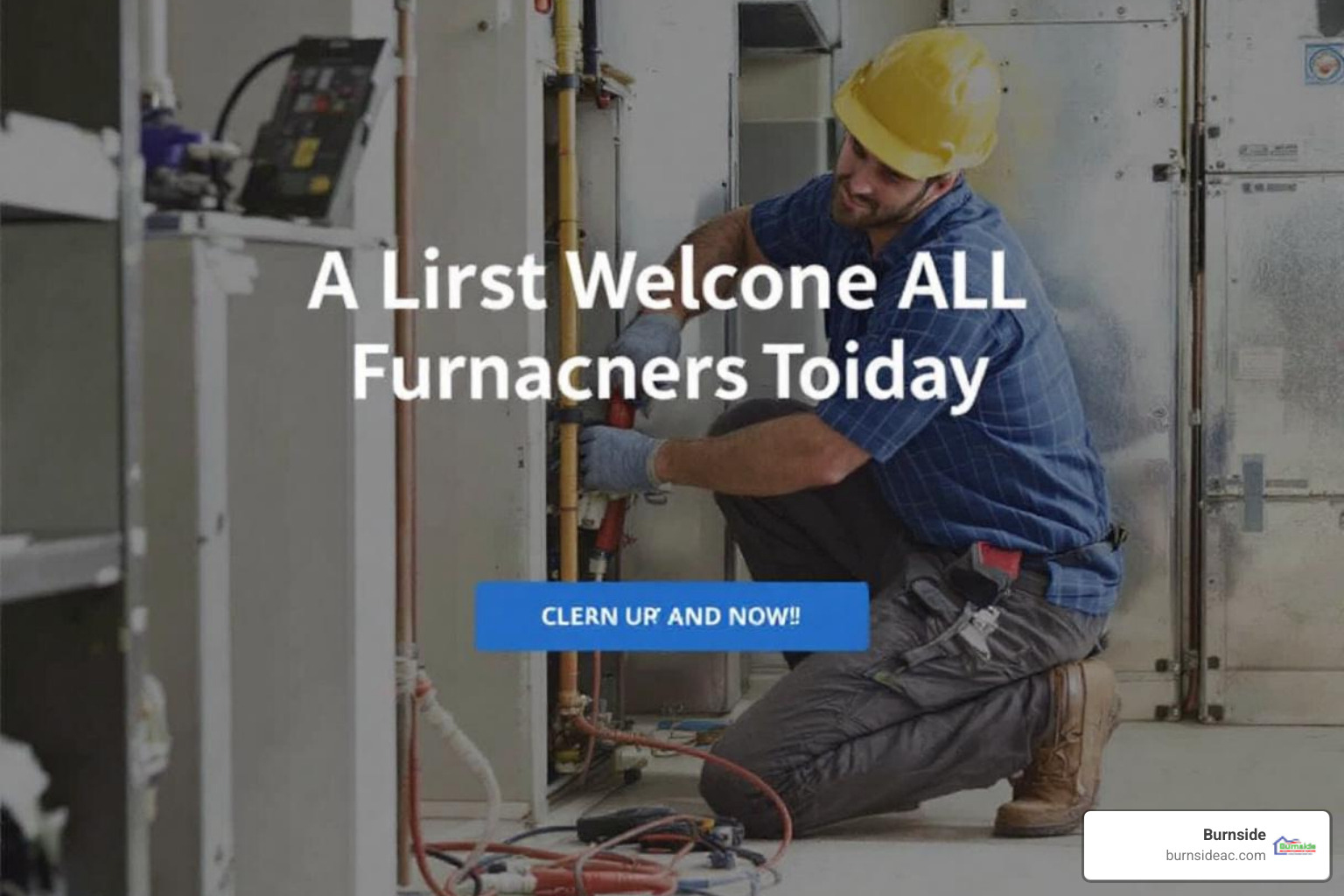Replacing your air filter might seem like a small task, but it is an essential part of maintaining a healthy and efficient home. Air filters play a crucial role in keeping your indoor air clean and free from contaminants. Over time, these filters can become clogged with dust, dirt, and other debris. When this happens, not only does your air quality suffer, but your HVAC system also has to work harder to circulate air. If left unchecked, this can lead to higher energy bills and even system damage.
Importance of Air Filter Replacement
Enhancing Indoor Air Quality
Air filter replacement significantly improves the quality of the air inside your home. Over time, air filters trap dust, pollen, pet dander, and other airborne particles that can affect your health. A clean air filter ensures that these pollutants are effectively removed from the air, making it safer to breathe and reducing the risk of allergies and respiratory issues. By regularly replacing your air filter, you can maintain a healthier living environment and improve overall indoor air quality.
Protecting Your HVAC System
Replacing your air filter is also crucial for protecting your HVAC system. When filters become clogged with debris, it forces your HVAC system to work harder to push air through. This increased strain can lead to mechanical issues and reduced efficiency. By keeping your air filter clean, you help maintain optimal airflow, reduce wear and tear on your system, and extend the lifespan of your heating and cooling equipment.
Signs You Need to Replace Your Air Filter
Reduced Airflow
One of the first signs that you need to replace your air filter is reduced airflow from your HVAC system. When the filter is clogged, it restricts the flow of air, making your system less effective at heating or cooling your home. You might notice that it takes longer to reach the desired temperature or that some rooms are not as comfortable as they should be. If you experience reduced airflow, it's time to check and replace your air filter.
Higher Energy Bills
A dirty air filter can cause your HVAC system to work harder and use more energy, leading to higher utility bills. When the filter is clogged, it reduces the efficiency of your system, causing it to consume more electricity to maintain the desired temperature. If you notice an unexplained increase in your energy bills, it might be a sign that your air filter needs to be replaced. Regular maintenance and timely replacement of your air filter can help keep your energy costs in check.
Visible Dirt and Dust
Another clear sign that you need to replace your air filter is the presence of visible dirt and dust on the filter itself. When inspecting your air filter, if you see that it is covered in dust and debris, it means that it is no longer effective in trapping particles and needs to be replaced. A clean filter is essential for maintaining good indoor air quality and ensuring the optimal performance of your HVAC system.
How Often Should You Replace Your Air Filter?
Factors Affecting Replacement Frequency
How often you should replace your air filter depends on several factors. One key factor is the type of air filter you use. Some filters are designed to last longer than others and can trap more particles. Another factor is the presence of pets in your home, as pet dander can quickly clog a filter. Additionally, environmental factors such as high levels of dust or pollution in your area can cause your filter to become dirty more quickly. Each of these factors should be considered when determining how often to change your air filter.
General Guidelines for Different Filter Types
Different types of air filters have varying lifespans. Generally, a basic fiberglass filter should be replaced every 30 days. More advanced filters, such as pleated filters, can last up to 90 days. High-efficiency particulate air (HEPA) filters and other high-end filters may need to be changed less frequently, but it's important to check them regularly. Consult your HVAC system's manual for specific recommendations on filter replacement. Regular checks can help you understand when your filter needs changing based on its condition.
Steps to Replace Your Air Filter
Choosing the Right Filter
The first step in replacing your air filter is choosing the right one. Check your HVAC system’s manual for the correct filter size and type. Filters come in different ratings, known as MERV (Minimum Efficiency Reporting Value), which indicates how effectively the filter captures particles. Select a filter that balances particle capture efficiency and airflow. If you're unsure, our professionals can help you choose the right filter for your specific needs.
Step-by-Step Replacement Process
1. Turn Off Your HVAC System: Ensure the system is off to avoid any accidental air circulation while replacing the filter.2.Locate the Air Filter Compartment: This is usually found near the blower compartment, air handler, or return air duct.3. Remove the Old Filter: Carefully slide out the old filter. Note its direction to ensure the new one is installed correctly.4. Insert the New Filter: Place the new filter in the compartment, following the airflow arrows indicated on the filter.5. Turn the System Back On: Once the filter is securely in place, turn your HVAC system back on.
Conclusion
Regular air filter replacement is crucial for maintaining good indoor air quality and ensuring the efficiency of your HVAC system. By understanding the importance of clean air filters, recognizing the signs that indicate it’s time for a change, knowing how often to replace them, and following proper replacement steps, you can keep your home environment healthy and comfortable.If you're unsure about replacing your air filter or if you suspect that your HVAC system needs more than just new filters, it's best to consult with professionals. At Burnside Air Conditioning & Heating, we offer comprehensive HVAC services, including air filter replacement in McKinney. Contact us today to schedule an appointment and ensure your home’s air quality and HVAC system are in top condition!












.webp)